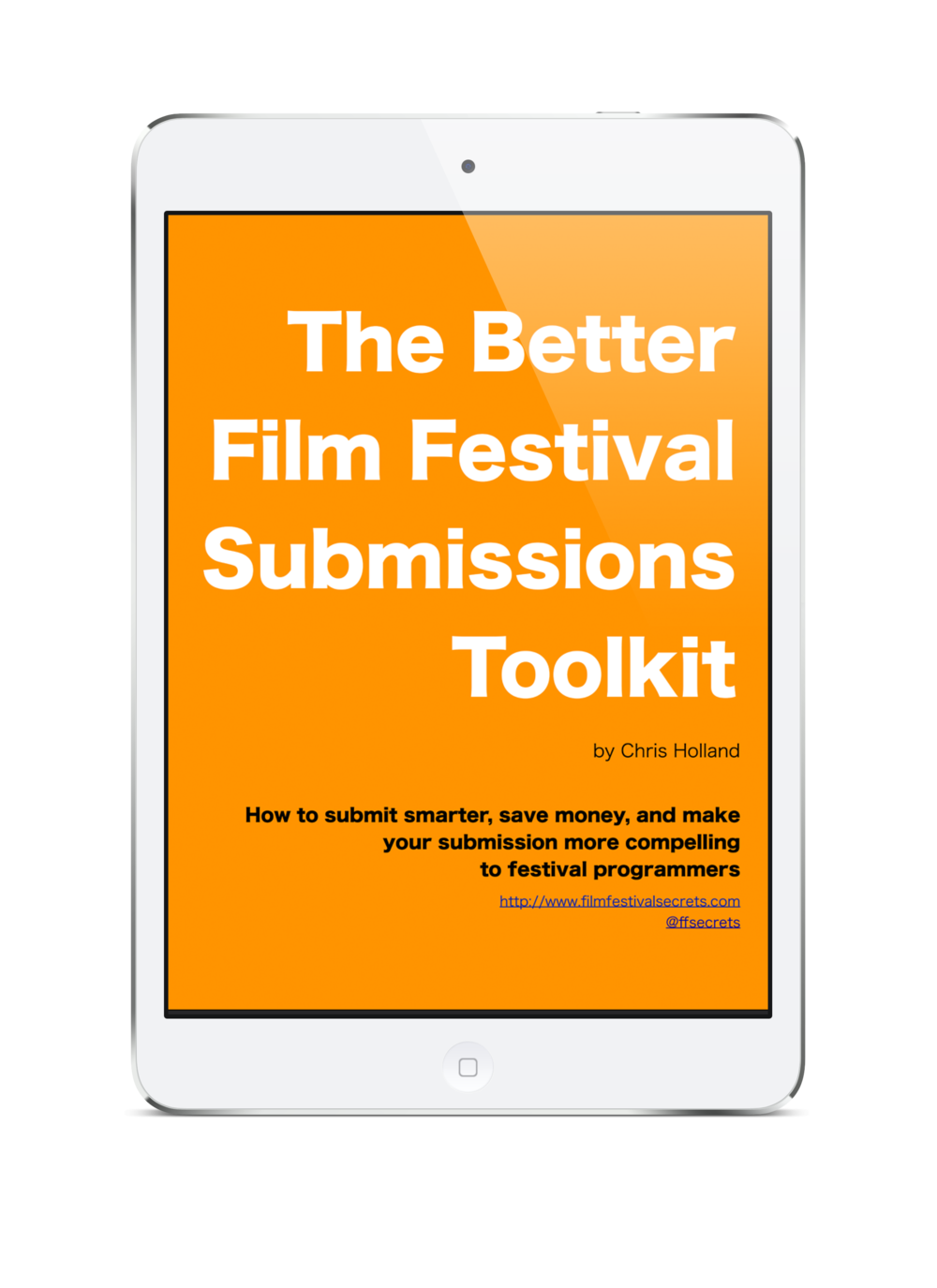In part one we covered some travel and film promotion basics. Part two highlighted the importance of a web site for your film.
If you've waited until the last minute to get serious about your festival experience, it's time to get moving on those last-minute steps you can take while you're still at home: making sure your trip goes as smoothly as possible and laying the groundwork for meetings and interviews before you set foot in your festival's town.
» Get organized about your travel and your appointments. Resources abound for putting your life on the road in order. Take advantage of them. The less you have to think about your itinerary and its details, the more brain space you'll have for promoting yourself and your film.
Some of my favorite travel & organizational tools:
- Tripit itinerary manager
- SeatGuru airplane seat advice
- Yelp restaurant/business reviews
- Ta-da lists, easy web to-do lists
- Farecast airfare advisories
» If you don't know your destination very well, get a good city guide with a map of downtown and study it beforehand. I like the smaller guides that fit in a back pocket, but go with what appeals to you. Just make sure you carry it with you. WikiTravel has entries for nearly every metropolis and small town you're likely to visit in your festival wanderings. Many festival web sites include recommendations for eating, shopping, and nightlife, but if not then Google is certainly your friend.
» Get a good pocket notebook and a couple of pens, and carry them with you. If you're a filmmaker and you want to make movies for a living, it's time to start thinking of film festivals as career fairs. Since a cornerstone of any good business is impeccable record-keeping, you should always have the means to take notes. I like the Moleskine Reporter, but a 99-cent memo pad will contain writing just as effectively. Your notebook should be the record of the people you met (you're going to lose one or two business cards along the way), the things you learned, and the promises you made. It sounds corny but I promise you'll get more out of any film festival if you write a few things down.
» If you have a pocket camera, bring it along. This is probably the wrong time to be lugging your DSLR and its thousand-dollar lens, but there are lots of amazing things to see at most film festivals. You're bound to want to take one or two pictures along the way (like the crowd at your screening?), and your camera phone may be sufficient, but do you really want to drain the battery? When you get home, make sure to upload those pix to your web site.
» Go mobile when at all possible. Make sure you're taking advantage of all of the features of your cell phone. Lugging a laptop around gets old in a hurry, so why do it when you could just as easily check mail from your phone? Make sure you do have a way to check your email regularly, though -- a lack of attention to your mail is a great way to miss out on press coverage and other opportunities. If you've shelled out the money for an iPhone or Blackberry, now is the time to milk the usefulness out of it. Don't buy a new phone just before you leave, though -- when in unfamiliar surroundings, you want a familiar device.
Similarly, every web service out there seems to have a mobile component, so learn how to configure and use them before you leave. If you try and figure these things out after you get to your desitination, you'll probably waste time and just end up frustrated.
And one more mobile tip: bring a lightweight charger that you can carry with you during the day. Take advantage of random electrical outlets when sitting in panels or waiting in line. You probably won't get back to your hotel room until the wee hours of the morning, and by that time your mobile phone battery may be as worn out as you are. You don't want to contend with a dead cell phone when you're half-drunk in a strange city at 3am. Trust me.
» Make as many media contacts as you can to line up those interviews prior to your arrival in the festival city. At large festivals there are scores of media outlets covering the event, from humble bloggers like yours truly to national film publications like Variety. Some Googling ought to reveal who these people are and nearly every byline these days is accompanied by an email address. Write up a quick cover letter with a description of your film and mention your availability for interviews. Don't be discouraged by a lack of immediate results; everyone is ridiculously busy during a film festival. The keys are to cast a wide net and to be persistent.
» If the festival provides one, use the registrant directory to identify good contacts at the conference. Some directories are even online and searchable by job title, etc. This is a great way to find contacts. Use it.
This is part two of a revised series of articles originally written for South by Southwest 2008. The revisions add new and updated information and make the series more applicable to other festivals.


